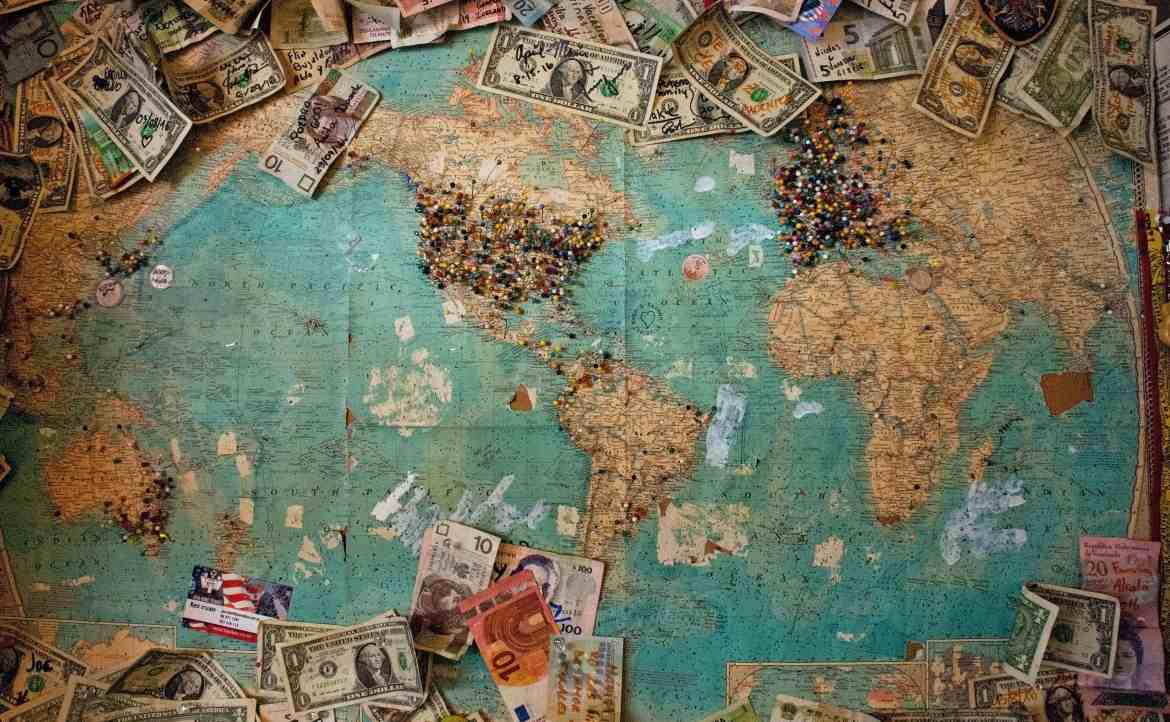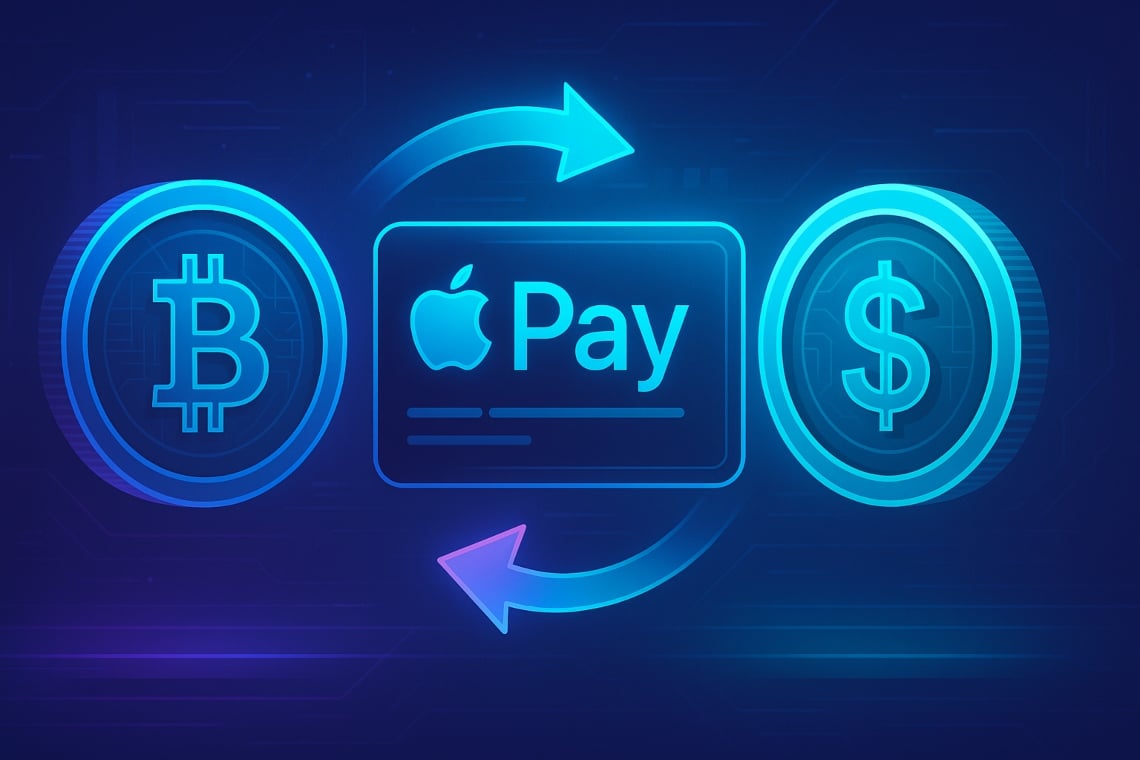River Public Sale – 48-Hour Dutch Auction Lowest Price Settlement, Claim and Refund Instantly After End
[PRESS RELEASE – Singapore, Singapore, October 27th, 2025]
River has announced the River Pts Public Sale, extending its Dynamic Airdrop Conversion — the first time-encoded tokenomics where time became a measurable dimension of value.
In traditional token launches, price is fixed by design. In River’s system, time and behavior shape the curve.
River Pts holders can convert to $RIVER anytime within 180 days, and their choices — combined with market dynamics — continuously redefine value.
Over the past month, this system has shown strong traction:
- River Pts up +5,300% on DEX
- $RIVER up 5×, reaching a new $10 ATH
- 100,000+ participants joined the dynamic airdrop
- 1M River Pts ≈ $34,000 at Day 43 curve (based on $RIVER = $7)
River Pts Dutch Auction
- Start: Oct 29, 2025, 14:00 (UTC)
- Chain: BNB Chain
- Asset: River Pts
- Purchase: BNB
- Format: 48-hour Dutch Auction, price decreases over time
- Final Auction Price: everyone settles at the final (lowest) price
Participants claim their River Pts and refund for any price difference after the auction ends.
Example (illustration only)
If a user purchases 100,000 River Pts at $1 and the final clearing price is $0.5, they will receive 100,000 River Pts and a refund of $50,000 in BNB after the auction ends.
Referral Bonus Program
Each participant can share a referral code (their X username) to earn 2–12% bonus River Pts, tiered by River4FUN Season 2 ranking.
Bonuses are distributed automatically and added to the S3 leaderboard after the sale concludes.
How To Join Public Sale
- Visit app.river.inc/public-sale
- Connect wallet on BNB Chain
- Check current price and allocation
- Enter River Pts amount, purchase with BNB
- (Optional) Add referral code
- Confirm purchase
After the 48-hour auction ends, participants can claim all the River Pts, refunds, and convert River Pts to $RIVER anytime.
Fund Allocation
All sold units come from the team-reserved share within River’s fixed 1 billion River Pts supply. Funds raised will:
- Strengthen long-term liquidity and ecosystem integrations
- Support $RIVER token buybacks
- Bootstrap River DAO for community governance
River: Evolving Value from Time to Market
Dynamic Airdrop Conversion made time the source of value.
The Public Sale makes the market its next dimension.
From time to price, from design to discovery — River continues to evolve how value is created, distributed, and defined.
About River
River is building the first chain-abstraction stablecoin system that connects assets, liquidity, and yield across ecosystems.
Flow with River:
- Website: https://app.river.inc
- X: https://x.com/RiverdotInc
- Telegram: https://t.me/river_inc
- Discord: https://discord.com/invite/river-inc
The post River Public Sale – 48-Hour Dutch Auction Lowest Price Settlement, Claim and Refund Instantly After End appeared first on CryptoPotato.
You May Also Like

Cashing In On University Patents Means Giving Up On Our Innovation Future

A panoramic interpretation of the current status of DeFi development: Aave and Lido become the highest TVL protocols, and Solana ranks second among the public chains
